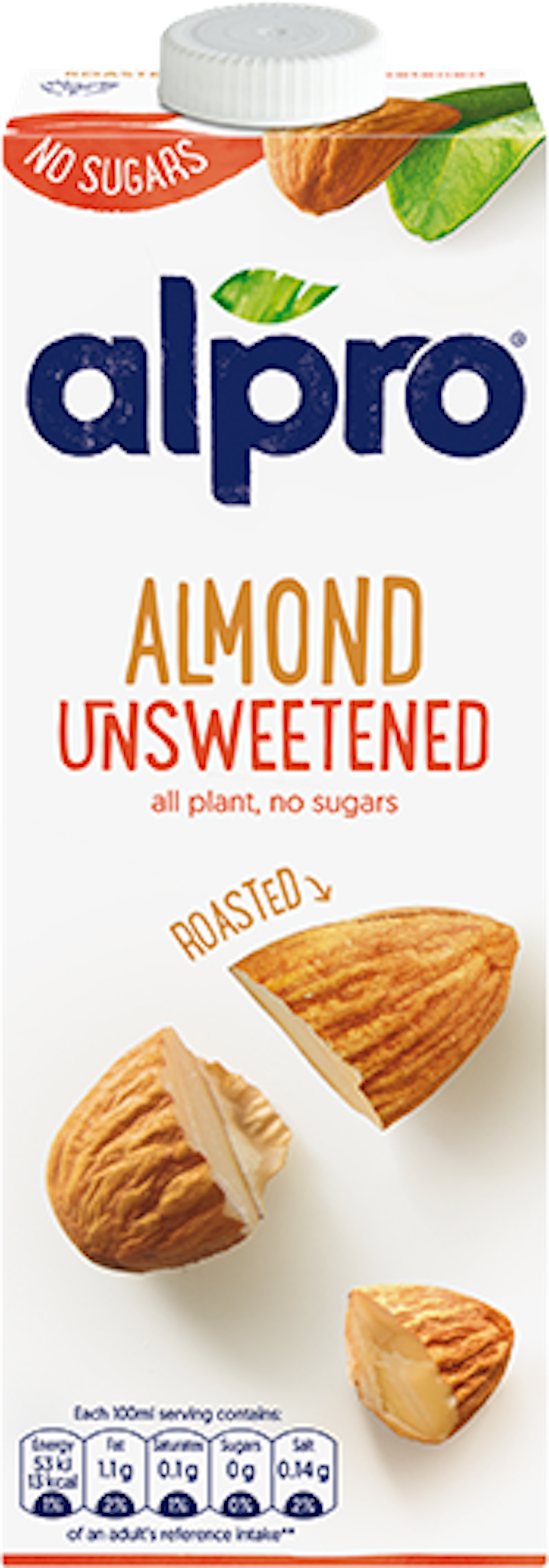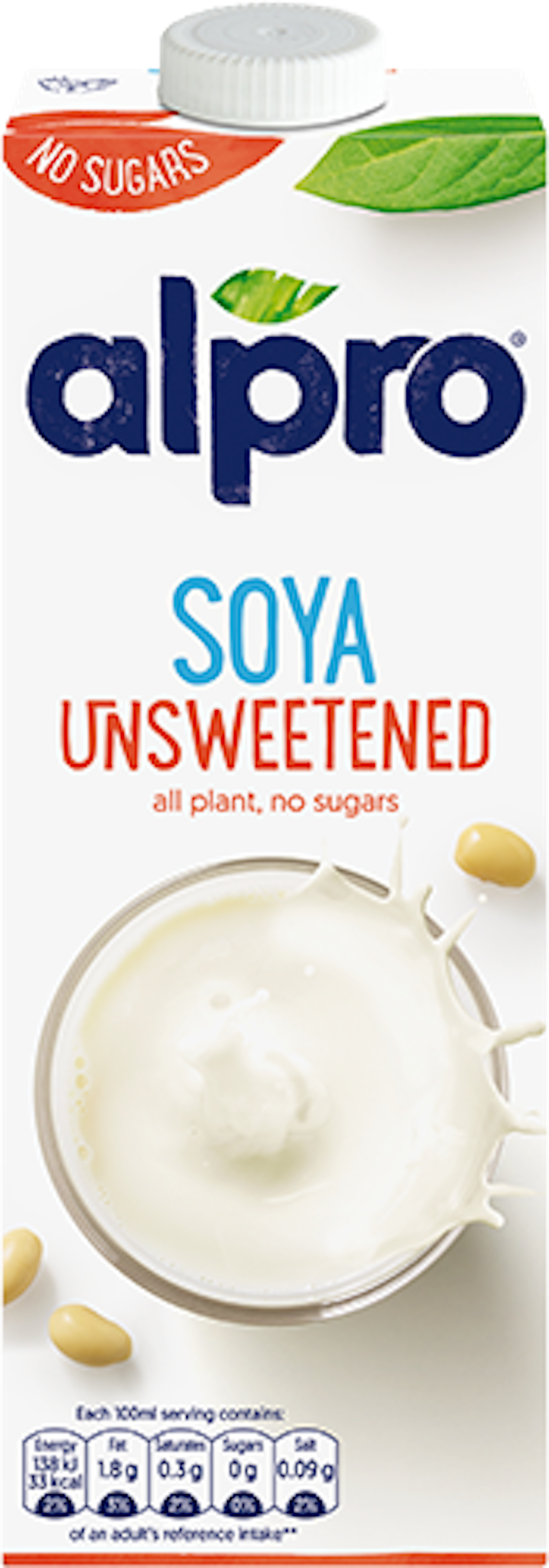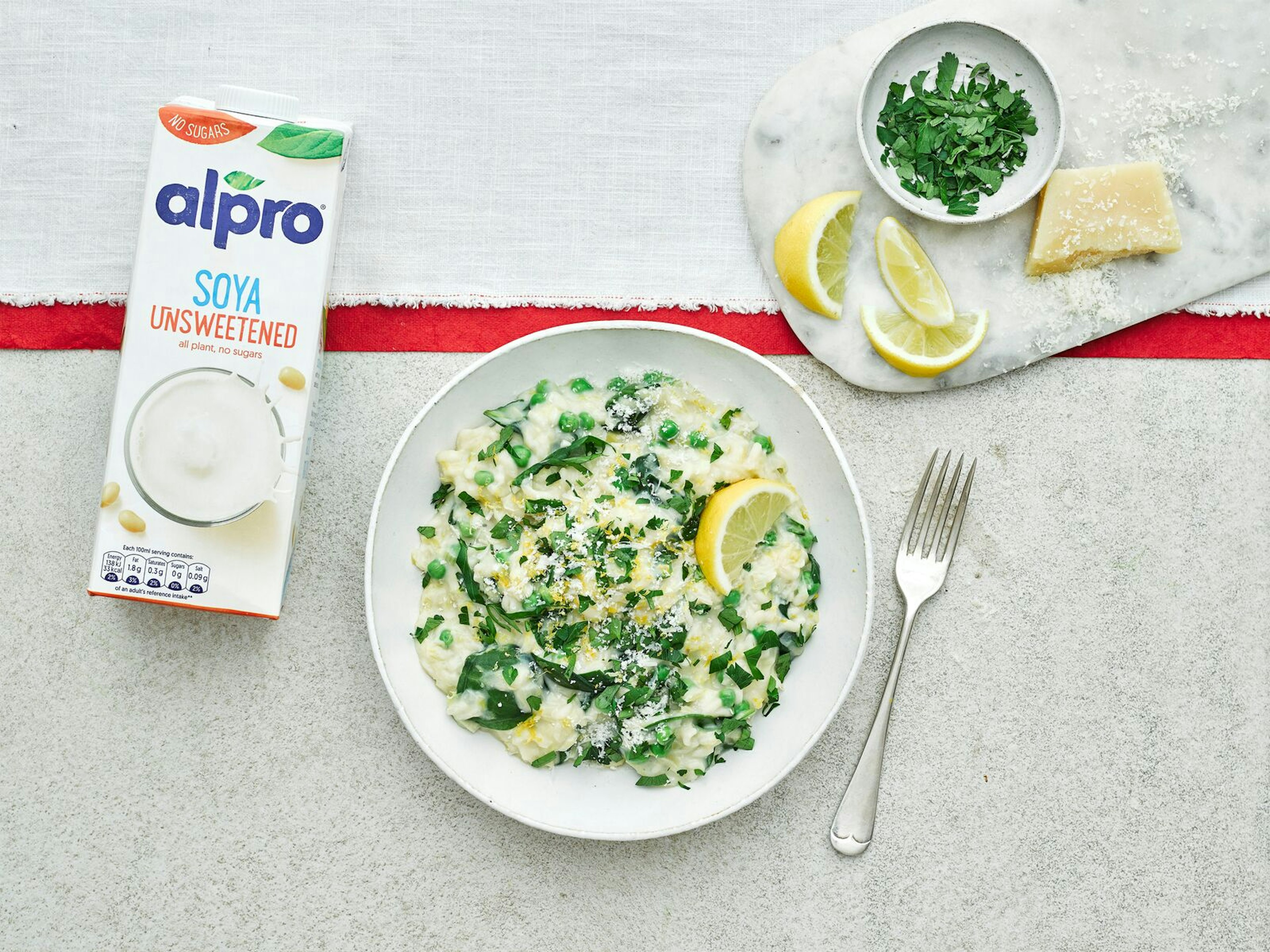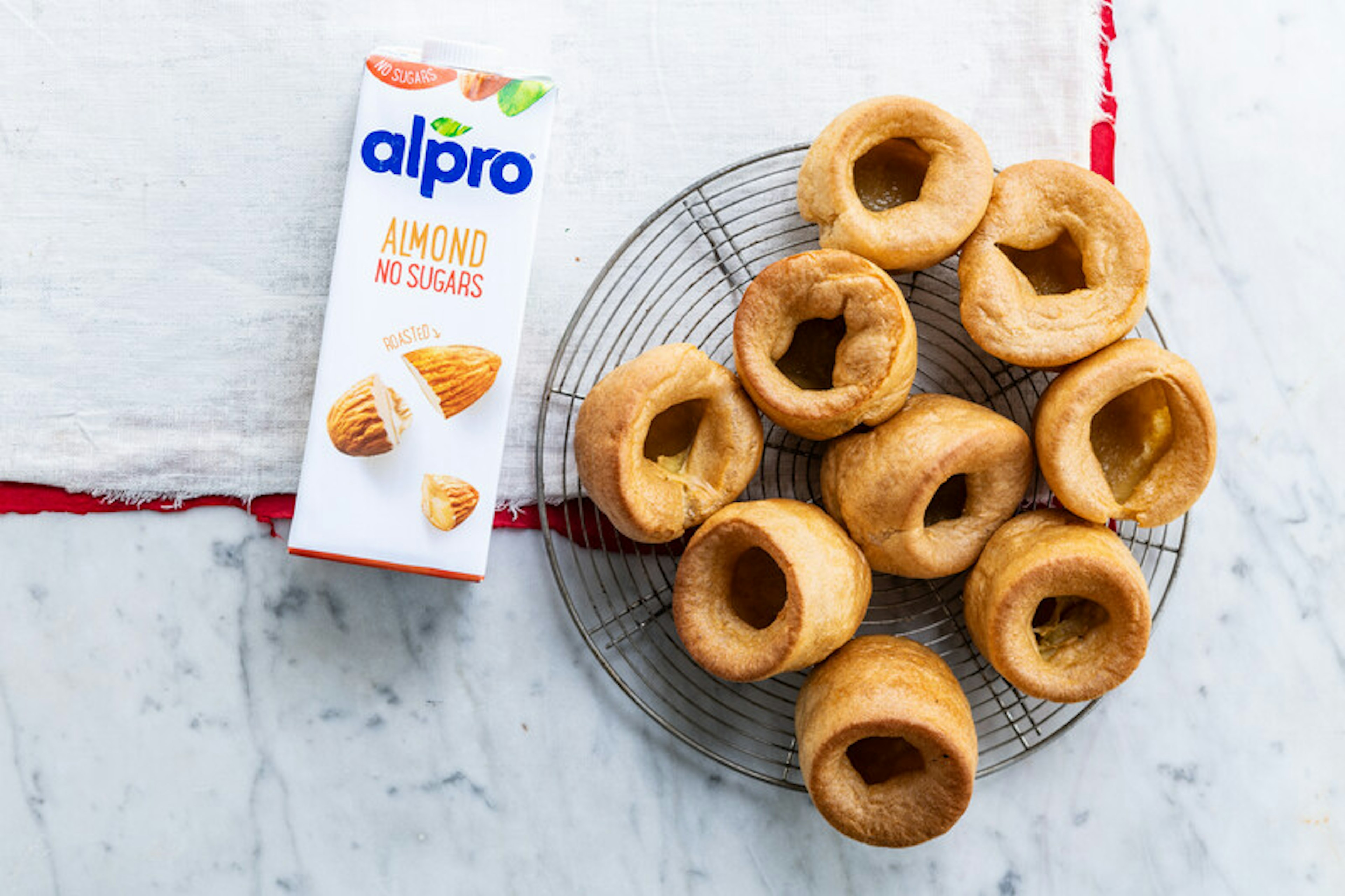LET'S TALKAboutNO SUGARS
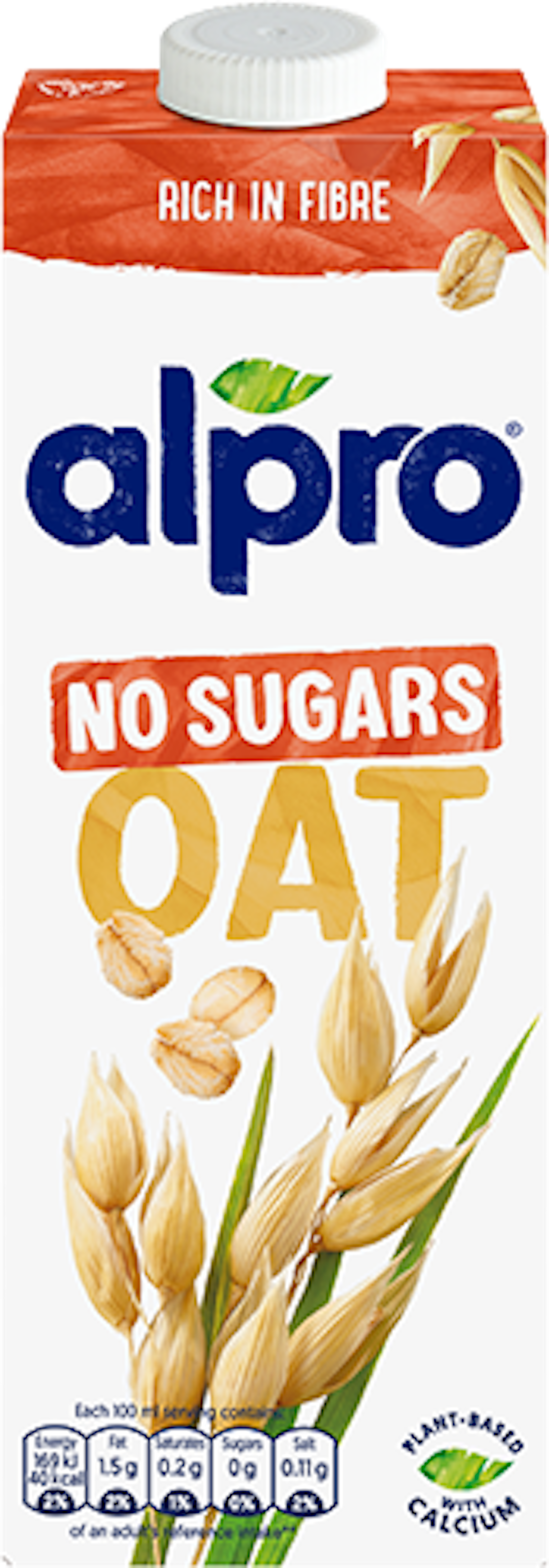
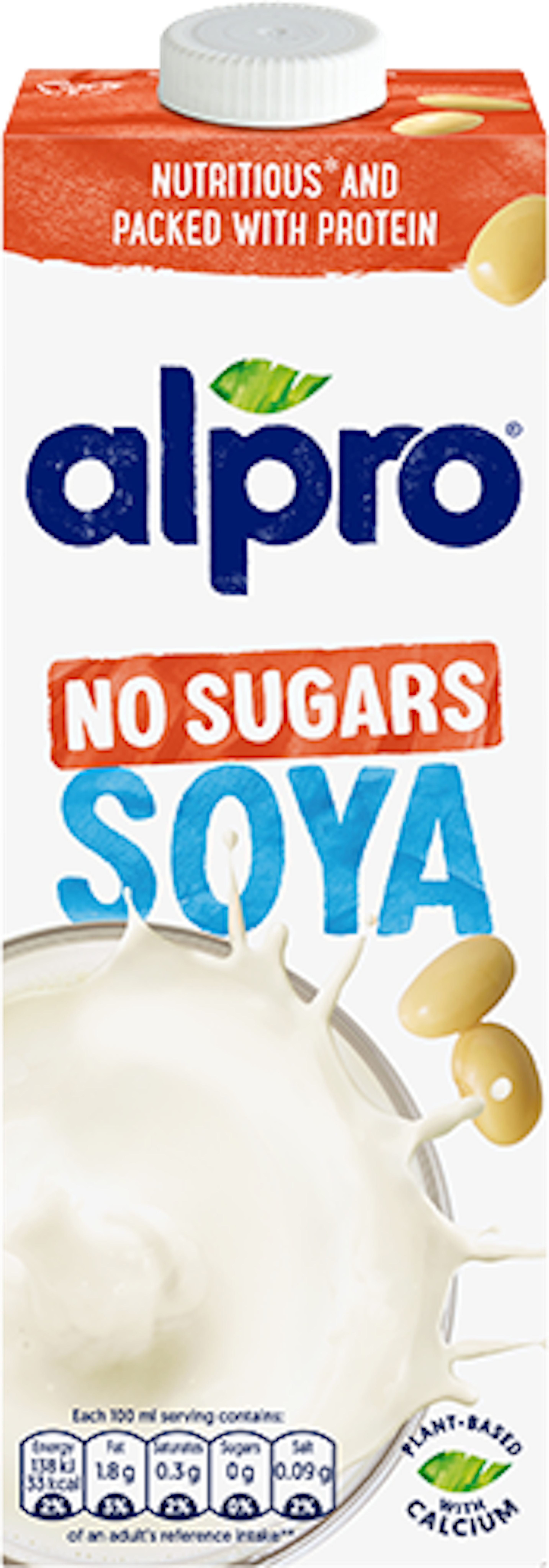
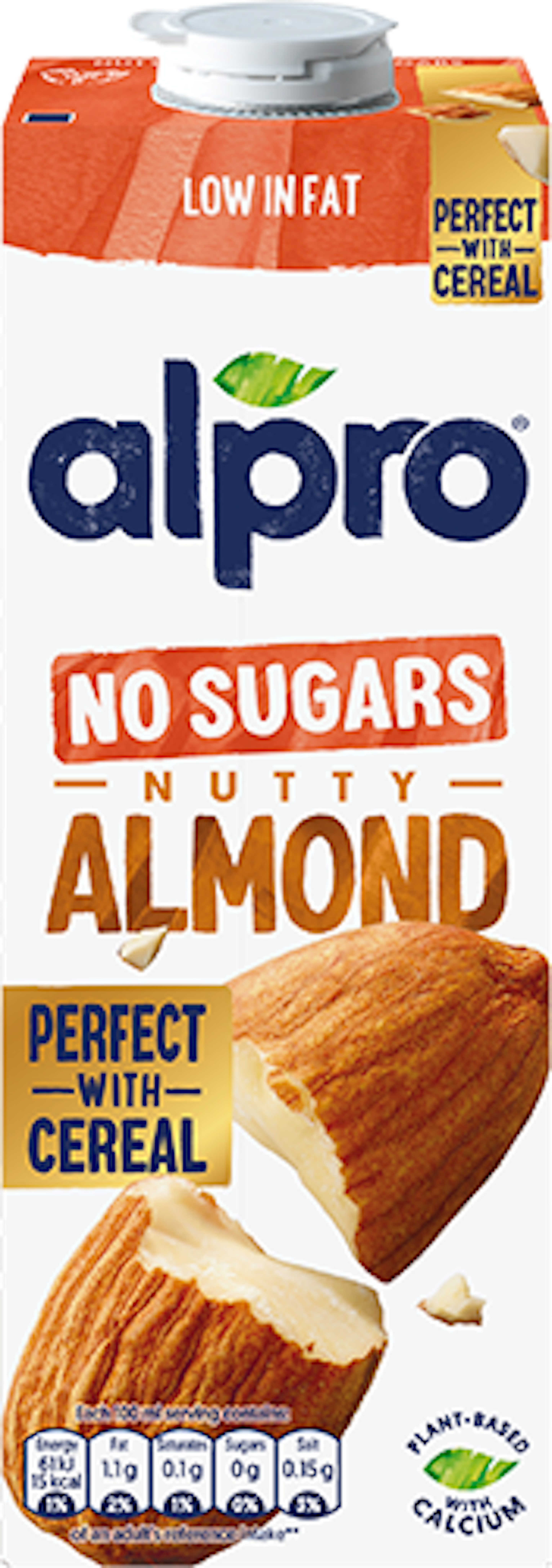


GOOD FOOD STARTS WITH GOOD INGREDIENTS
Ever since the 80s, we’ve been going to extraordinary lengths to make all our delicious plant-based products low in sugars. Now we have a whole range of fabulous Alpro No Sugars foods and drinks with no sugars at all. Yay! We’re delivering the power of plant goodness* and encouraging healthy habits one spoonful at a time. There's never been an easier way to sack the sugar!




OUR NO SUGARS PRODUCTS ARE PRETTY SPECIALHere’s what You need to know
Zero sugars, no sweeteners
All the plant-based taste, no sugars or added sweeteners. Cut down on your intake without even trying. Sweet!
Anywhere, anytime*
Pour into a glass, your coffee and cuppa, splash on your cereal. So many choices in our No Sugars collection!
Life's sweet enough!
Who needs sugar when fruits and juices are so deliciously sweet? And our Plain No Sugars products are perfect for savoury snacks and recipes.

Have you got a question on our No Sugars products?
Alpro’s mission is to add as little sugar as possible to any of our products. We believe in creating delicious foods and drinks from plant-based ingredients such as fruits, nuts and coconut that are sweet enough already. We offer a wide range of foods and drinks with varying amounts of sugars. There is something for everyone. From unsweetened products to products low in sugars, right through to gently sweetened indulgent ones. Unsweetened for Alpro means: no sugars, no sweeteners. If a recipe cries out for a little extra sweetness, because the base ingredient has little or none of its own, it is kept as low as possible, while still giving the desired taste. We always aim for a significant lower sugars content than comparable products on the market.
Meet these natural born sweeties:
White beet sugar – grown in Europe to keep food miles down.
Cane sugar – from the Caribbean.
Glucose-fructose syrup – derived from beet sugar or maize.
Sweetener – derived only from the stevia plant. We will never, ever use artificial sweeteners.
Alpro offers a wide range of foods and drinks with varying amounts of sugars – from unsweetened and low sugars products, through to gently sweetened indulgent products. We’re continuously testing new ingredients and technologies which allows us to make constant improvements to our products. For example, several products have already had their total sugars content reduced by up to 15%. All Alpro products have the same, if not lower, amounts of sugars than comparable dairy alternatives. Take for example Alpro flavoured soy drinks. These contain 30% less sugars than the market references in equivalent flavoured milk drinks.
Generally soya foods contain less sugars than similar dairy products. Dairy foods contain the milk sugar lactose, which is not present in soya foods. Semi-skimmed milk contains 5g of lactose per 100mls. Whereas 100mls of a non-flavoured soya drink contains around 2.5g of sugars. Only the smallest amounts of sugars are used to ensure taste is not compromised. This makes soya foods a perfect fit into a healthy, balanced diet.
No, they get used by the body in the same way. All sugars, whether they’ve been added to foods or are naturally present in foods, are made up of the same building blocks (sugar molecules) -either as single sugar molecules (monosaccharides – glucose, fructose and galactose) or two sugar molecules joined together (disaccharides – sucrose, lactose and maltose). This is why sugars, whether added or natural, get treated by the body in the same way and provide the same amount of calories - 4kcals/ gram of sugar.
As part of a healthy, balanced diet the recommended reference intake (RI) for all sugars is 90g/ day. This includes sugars naturally present in food, as well as sugars that have been added to foods. To put this into context, 90g of sugars can be found in 15 lumps of sugar, or 7 pieces of fruit, or 8 portions of soy alternatives to dairy, or 6 portions of dairy foods. The RI value provides a useful indication as to the amount of sugars an average person can eat a day as part of a healthy, balanced diet. This value is based on an average sized woman doing an average amount of physical activity. However RIs are not intended to be targets. Requirements may vary depending on individual factors, such as age and activity levels.




